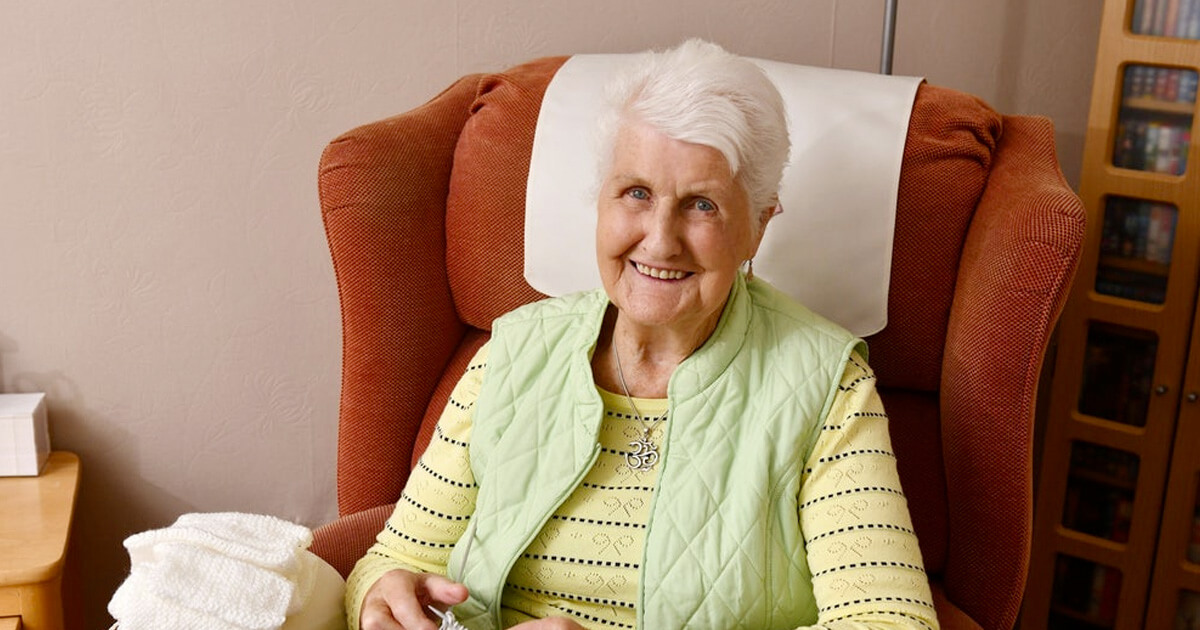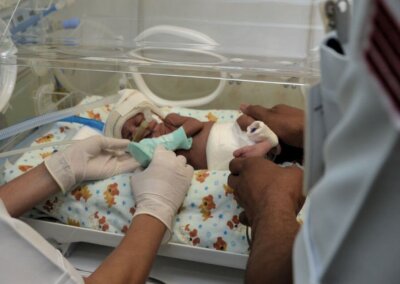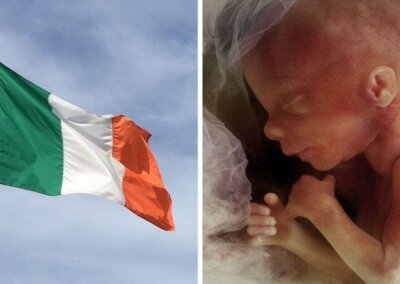A woman has celebrated the 70th birthday of her premature daughter by knitting more than 70 baby hats for the neonatal unit at Forth Valley Royal Hospital, as a way of saying thank you to the NHS.
Mary Sellstrom was 7 months pregnant when, a week before her 18th birthday in 1950, she went into labour. Her daughter, Barbara, was born weighing just 2lb 12oz (1.25kg).
Following her birth, Barbara was immediately taken away and placed in an incubator where she could be monitored by the midwifery team at the former Falkirk and District Royal Infirmary.
Mary shared how she was not allowed to touch or hold Barbara and had to remain in bed for 10 days.
The now 88-year-old said: “My husband was allowed to see the baby once through the window of the incubator room where our daughter lay. He was then asked to leave.”
“There was no touching, no holding, just looking through the window.
“I was heartbroken and longed to hold her.”
Mary revealed how she had to travel to the hospital twice a day by bus, walking nearly two miles to the nearest bus stop, to feed Barbara.
Every day Barbara got stronger. After five weeks Mary was allowed to hold and breastfeed her daughter.
“Holding her for the first time is a feeling I have never forgotten until this day,” Mary revealed.
The little fighter continued to improve and was eventually allowed home weighing 5lb 8oz. In her adult life, Barbara became a nurse, a mother and a grandmother.
Mary said that without the dedication and determination of the midwifery team, her firstborn would never have survived.
As a heart-warming gesture of thanks, Mary has spent her time during the coronavirus lockdown knitting small hats for the premature babies being cared for in the Forth Valley Royal Hospital.
She told the Falkirk Herald: “Someone had said the hospital was desperate for hats for the premature babies and I like to knit.
“During lockdown I wasn’t going out so I decided I’d knit 70 of them as Barbara was turning 70.”
Mary recently went with one of her other daughters, Jacquie, to hand the hats into the hospital.
The mother of four added: “The staff were really pleased to see so many.
“I’m now knitting sleeves for them for the babies to wear when they have a canula in.”
New guidance
The survival rate for extremely premature babies has doubled over the past decade, prompting the creation of new guidance allowing doctors to try to save babies born as early as 22 weeks into a pregnancy.
In 2008 only two out of ten babies born alive at 23 weeks went on to survive. Today it is four out of ten, according to the British Association of Perinatal Medicine.
Once a baby passes 22 weeks, the chances of survival increase week-by-week due to technical advances, better healthcare planning and the increased use of steroids.
The increased survival rates have prompted calls to review the current law in order to help lower abortion numbers and save the lives of babies.
Time for change
A spokesperson for Right to Life UK Catherine Robinson said: “This is something that Parliament should urgently revisit. It has been over a decade since time limits were last debated fully in Parliament in 2008.
“There is a real contradiction in British law. In one room of a hospital, doctors could be working to save a baby born alive before 24 weeks whilst in another room a doctor could perform an abortion which would end the life of a baby at the same age. Surely this contradiction needs to end.
“Independent polling from Savanta ComRes shows that 70% of women in the UK want to see the time limit for abortion reduced to 20 weeks or below. Our current abortion time limit is way out of line with the rest of Europe where the most common abortion time limit is 12 weeks.
“This change in guidance adds further evidence to the need for Parliament to urgently review our current abortion time limit. We support any change in law that would help lower abortion numbers and save the lives of babies in the womb.
“It’s time that our laws were brought into line with public opinion, modern science and the rest of Europe.”












